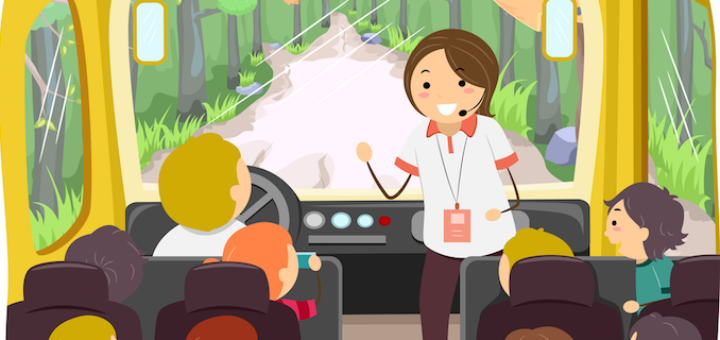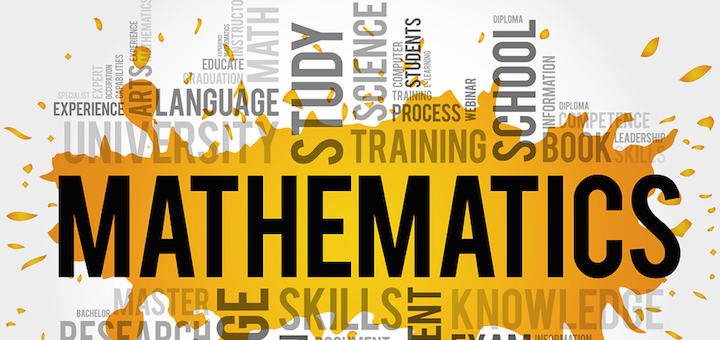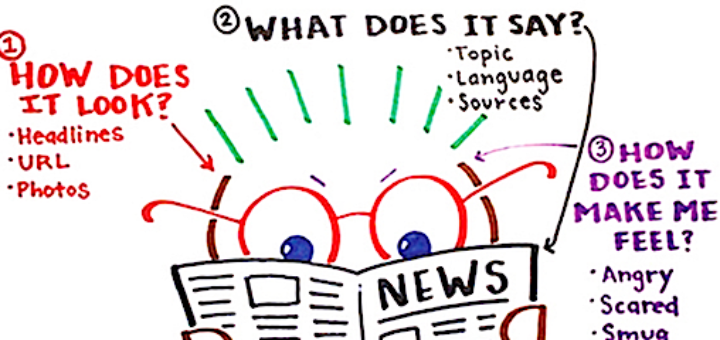Teaching and learning in grades 4-8
Physical ed teacher and coach Kelly Lang finds Kirt Manecke’s Smile & Succeed for Teens a teen-friendly guide offering tips and techniques that they can use to develop their social skills, make positive first impressions, and strengthen their job searches.
Supporting and motivating struggling students is a challenge that seems to grow over time. In this article, author and engagement expert Barbara Blackburn looks at five keys that can help teachers build motivation and persistence while also setting high expectations.
Trying to “fit it all in” can lead to frustration and lost opportunities for new educators. As 4th grade teacher Mary Tarashuk looks back to her own first year, she recalls her preoccupation with the ticking clock and how she learned to take time for what matters.
Do teachers always need to be the tour guide and plan every step of the learning journey? Consultant Gravity Goldberg believes teachers can also be co-explorers and create opportunities for students to make their own discoveries. Her sample reading unit shows how.
With her classroom door closed for summer, Michelle Russell looks back at the goals she set 9 months ago: to know her students in a meaningful way, to use formative assessment effectively, and to bring more joy to her classes. She shares her successes and some fails.
In Routines for Reasoning, authors Kelemanick, Lucenta and Creighton make the case for establishing and sticking to routines to foster mathematical practices for all students. Educator Rita Platt finds she is “a better teacher and thinker for having read it.”
Whitaker, Zoul and Casas present a clear four-part framework to build leadership skills, stressing the importance of having a vision and taking the first step. Educator Laura Von Staden notes the standards relate both to teachers and to leaders identified by title.
Andi McNair’s “Genius Hour” is a valuable resource for educators who want to release potential in students but do not know how or where to start. Reviewer Terry Carter praises McNair’s focus on scaffolding strategies that can help students pursue their passions.
In an era of fake news and “alternate facts” how do we teach kids to read responsibly? Respected literacy authors Kylene Beers and Robert Probst share three Big Questions that students can use to anchor themselves as they examine nonfiction and their own values.
Here’s your invitation to stay connected and continue learning through the summer months. Instructional coach Elizabeth Stein looks at four essential questions for co-teachers and welcomes you to the conversation to share your observations and experience. Bookmark it!






































